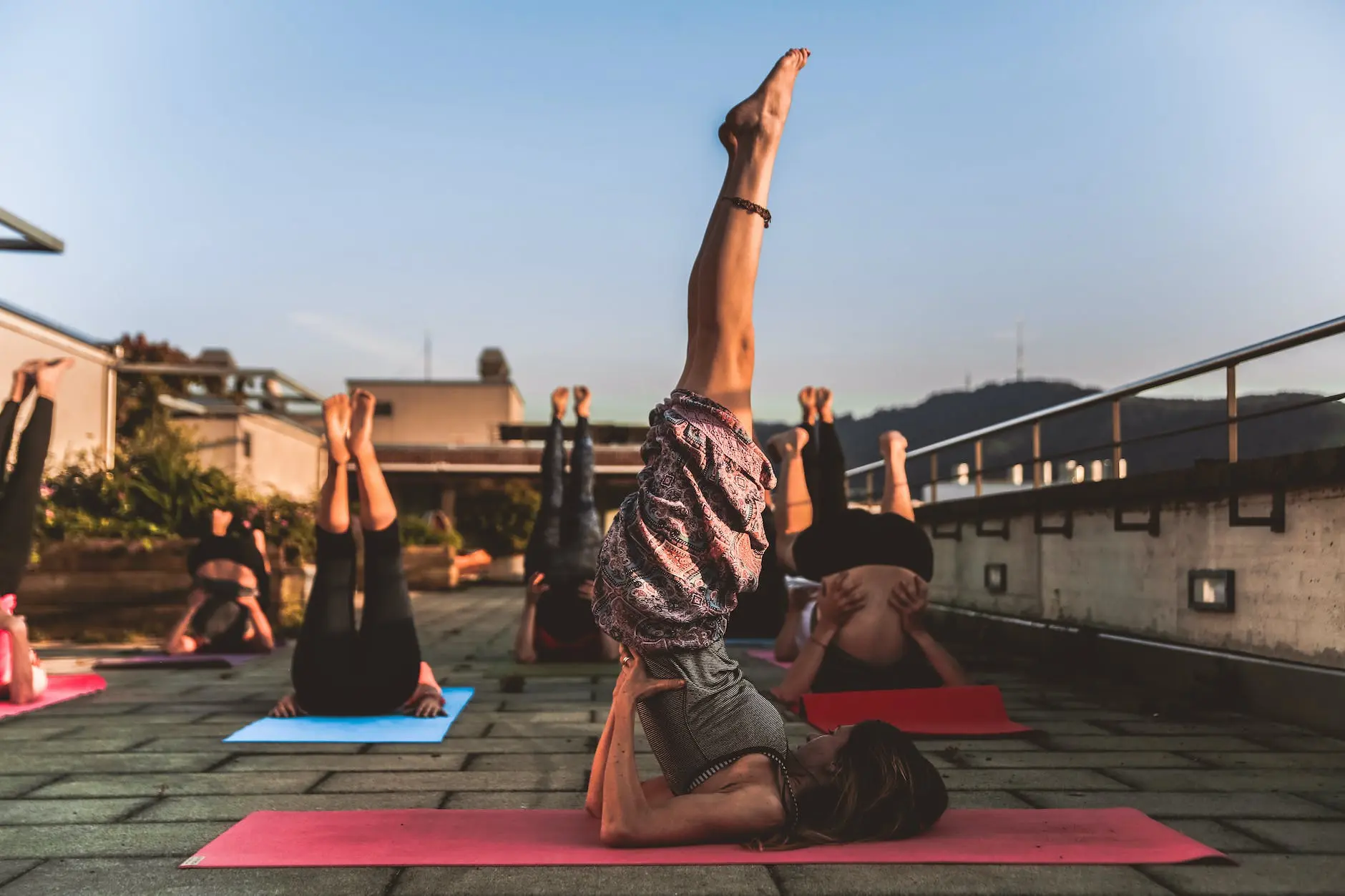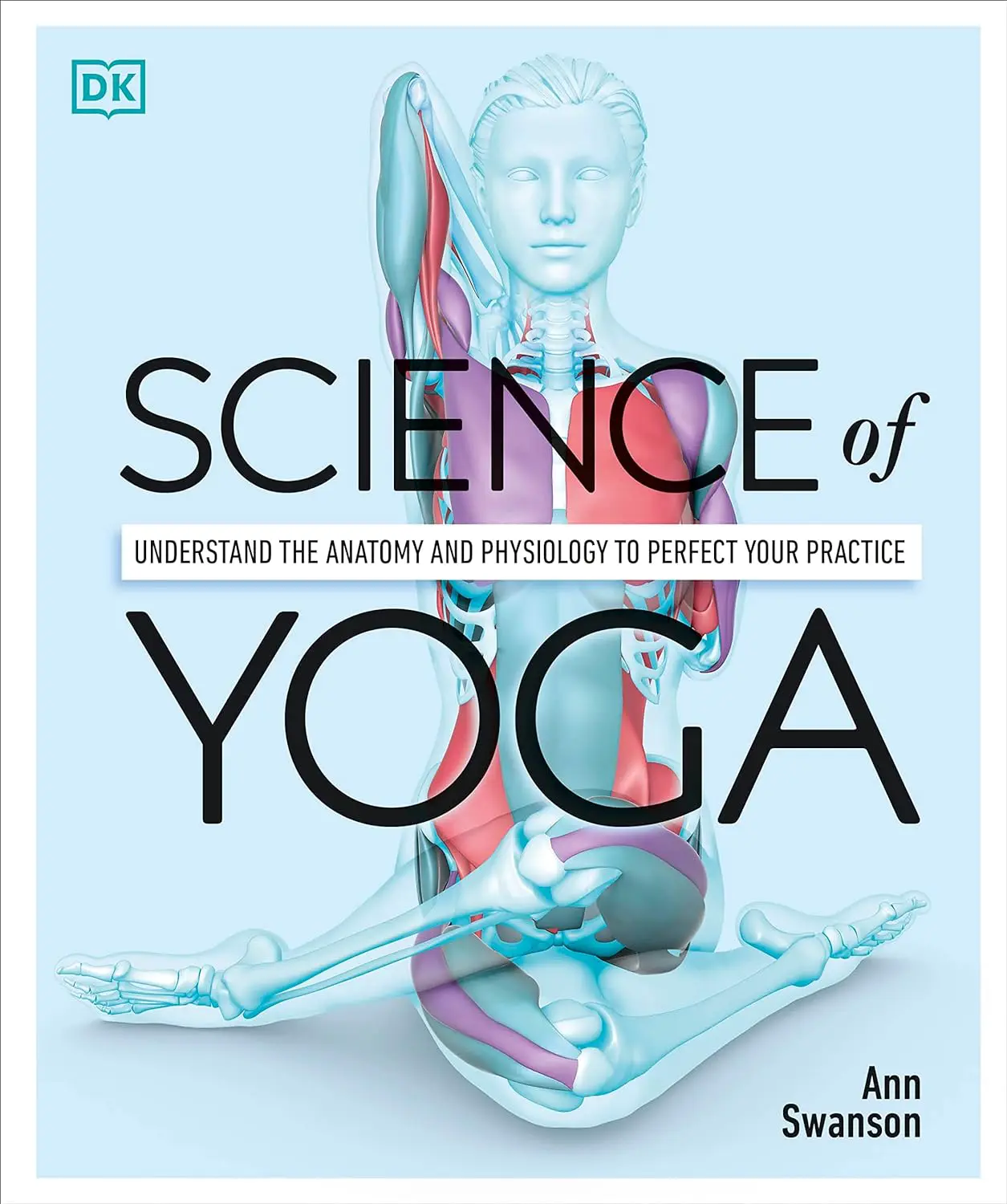The Motivations of Yoga Practices

Looking for more amazing products? Check out our online store and explore our collection here! Happy shopping!
Before diving in, please note: This post is for informational purposes only. If you’d like to know more about how we approach topics, feel free to check out our friendly Disclaimer Page.
Hey there, amazing readers! 
We’re committed to delivering quality posts, and your support (even just sticking around despite the ads) means everything to us. So, bear with us, and thanks for helping us keep the good vibes rolling. Now, on to the fun stuff!
TRANSLATE BUTTON AT THE END OF THE ARTICLE
There are many different reasons for taking up and practicing yoga.
For one person, they may be ill and looking to rejuvenate themselves.
Others will want to maintain and improve their current level of health.
Some people like the mental challenge, and for others, it is a physical challenge that can be overcome.
Some people may use yoga as a relaxing form of stress relief.
The great thing about yoga is that all these people are going to find what they are looking for and so much more.
Yoga has a long list of benefits, both physical and mental, associated with it.
Yoga can assist in recovery from a heart attack through its lowering of blood pressure and distressing effects.
There has been a considerable amount of research done into heart patients and yoga, most notably by Dr.
Ornish, who is now also a bestselling author.
Dean Ornish has no reservations about recommending yoga both as a way of recovering from heart attacks and also avoiding future heart problems.
Yoga has also been reported to be very beneficial to people with diseases such as multiple sclerosis due to its ability to assist with balance and muscle tone.
Yoga gently works muscle groups around the back and spine of spinal injury sufferers, and because it puts very little stress on the muscles while still working them thoroughly, it is a fantastic way of strengthening this part of the body.
Regular yoga for back pain sufferers can result in the complete restoration of their range of movement.
As we age, most of us become frailer and less coordinated in our movements, but yoga can help us age more gracefully by ensuring we are always in control of our body and mind.
In fact, most yoga sessions are filled with a slightly older crowd who recognize the ongoing benefits it gives them.
Yoga is also a strength-building discipline that allows for even progression in the arms, the legs, and the trunk, or core, of the body.
Many of us take strength for granted until it fails us, but increasing your physical strength will benefit you not just with lifting heavy objects but also with everyday tasks like getting groceries or mowing the lawn.
It even makes it easier for us to move ourselves!
As well as increasing strength, yoga will greatly increase the range of motion we are able to achieve, particularly in the spine and joint areas.
Once again, this is often something we take for granted unless it is missing.
The act of reaching up to put something in a cupboard is natural to many of us, but for others, it can cause a jolt of pain down their back.
They simply cannot move their arm through the range of motion needed to reach up, or when they do, their grasp is not strong enough to grab anything from the cupboard.
It’s important not to just focus on the physical benefits of yoga because the mental benefits are at least as impressive.
Simply put, yoga will focus and sharpen your mind.
Each posture is performed with focus and awareness of your body and your breathing.
This is not a gym session with mind-numbing reps or chatter between exercises.
Whatever you are doing during a yoga session is done with absolute focus on the movement, the body, the breathing, and the moment.
Breathing is something that most of us do wrong most of the time.
We are accustomed to taking shorter, quicker breaths, but with yoga, the breathing is deeper and fuller.
These deeper breaths will make the mind calmer and more focused.
Yoga enthusiasts often describe this calmness as a sense of well-being.
Deep breathing also makes it easier to release the stress and negative thinking that accumulate in us.
Just as the physical blocks are removed through increased blood circulation during the exercises, the mental blockages are removed through clarity of thought.
Yoga is not a discipline you simply know or do not know; it is an ongoing learning process.
There are a huge number of different postures, and each posture has a number of different variations on how it can be performed.
This never-ending sea of options keeps the body stimulated and engages the mind constantly.
Behind the postures and exercises themselves, there is a complex philosophical system based on the writings that yoga derives from.
Not many people think of a complete code of ethics including steadfastness, truth, self-inquiry, and an opposition to stealing, harming others, and hoarding when they think of yoga, but these ethical issues are a central part of the system on which yoga was founded.
The different postures, breathing exercises, and deep philosophy of yoga all lead to the same end: deep contemplation.
Because yoga relaxes both the body and the mind, tension and stress are greatly reduced.
This is highlighted during a yoga class by pauses that allow us to get in touch with how we are feeling and reacting.
Ending the class with a point-by-point contemplative meditation performed on the back is common.
Yoga is an exercise, but it is also a meditative process, a code of ethics, and a confidence- and character-building course all rolled into one.
It’s no wonder the group of people who attend the classes is so diverse.
Latest Posts

The Enlightenment Journey is a remarkable collection of writings authored by a distinguished group of experts in the fields of spirituality, new age, and esoteric knowledge.
This anthology features a diverse assembly of well-experienced authors who bring their profound insights and credible perspectives to the forefront.
Each contributor possesses a wealth of knowledge and wisdom, making them authorities in their respective domains.
Together, they offer readers a transformative journey into the realms of spiritual growth, self-discovery, and esoteric enlightenment.
The Enlightenment Journey is a testament to the collective expertise of these luminaries, providing readers with a rich tapestry of ideas and information to illuminate their spiritual path.
Our Diverse Expertise
While our primary focus is on spirituality and esotericism, we are equally passionate about exploring a wide range of other topics and niches 

To ensure we provide the most accurate and valuable insights, we collaborate with trusted experts in their respective domains 
Our blog originally focused on spirituality and metaphysics, but we’ve since expanded to cover a wide range of niches. Don’t worry—we continue to publish a lot of articles on spirituality! Frequently visit our blog to explore our diverse content and stay tuned for more insightful reads.
Hey there, amazing reader! 
Check out our store here and take a peek at some of our featured products below! Thanks for being awesome!











